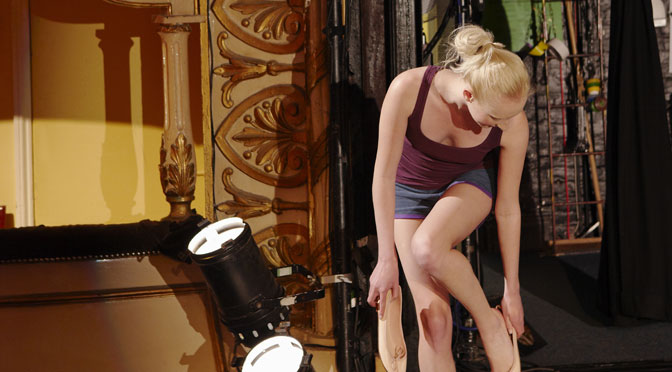
Candaulism as Narrative Art: When Desire Becomes Story
What is Candaulism? Candaulism describes a sexual preference in which one person (classically a man) derives arousal from showing their partner to others or knowing that others desire them. The name derives from King Candaules of Greek mythology, who persuaded his bodyguard to observe his wife naked – with famously tragic consequences. Unlike pure voyeurism … Continue reading Candaulism as Narrative Art: When Desire Becomes Story
Problems with Amazon Kindle
We are currently experiencing problems with our distribution partner, Amazon Kindle. As a result, the links to our books on this website are no longer working. A few days ago, we received the following message: Hello, We are terminating your account with immediate effect because we have detected activity on your account that attempted to … Continue reading Problems with Amazon Kindle
The Story of Candaules: From Pride to Doom
The ancient tale of King Candaules of Lydia, transmitted primarily through the Greek historian Herodotus, is a fascinating study of the destructive power of obsession and the fatal consequences of transgressed boundaries. The Starting Point: Blind Pride Candaules ruled over the prosperous kingdom of Lydia in Asia Minor in the 8th century BC. He was … Continue reading The Story of Candaules: From Pride to Doom
Braids, Buns and Curls: Hairstyles as Erotic Metaphors
Hair is more than mere keratin fibers – it functions as cultural signaling, psychological projection surfaces, and in literary contexts, powerful erotic symbols. In erotic literature, hairstyles serve as versatile metaphors that extend far beyond pure aesthetics, creating deep psychological resonances. The Psychology Behind Hair Symbolism Human fixation on hair has evolutionary biological roots. Full, … Continue reading Braids, Buns and Curls: Hairstyles as Erotic Metaphors
Desire Beyond the Default – Writing Body Diversity as Erotic Reality
Away from “still attractive” The most common mistake in body diversity in erotic prose is not a lack of intention, but the tone. As soon as the text sounds as if it has to ‘save’ something, the eroticism is lost. “She’s not slim, but…” is not an observation, but a judgment with an attached apology. … Continue reading Desire Beyond the Default – Writing Body Diversity as Erotic Reality
Intimate Wear 2026: What People Wear Now—and Why It Works So Well in Fiction
Underwear has long been an “invisible infrastructure”: it was supposed to support, smooth, not irritate, not stand out. In 2026, things will be different. Lingerie is becoming both more comfortable and more visible. It is designed to be part of the outfit – not a secret underneath. Added to this are two forces that do … Continue reading Intimate Wear 2026: What People Wear Now—and Why It Works So Well in Fiction
Deepfakes and the Stolen Body – Writing Digital Nudity
Deepfakes are a new technology, but an old form of violence. The body becomes material. The face becomes a mask. And the gaze of others becomes the authority that determines who you are. When we talk about eroticism in creative writing at this point, that is exactly what we are talking about: direction of gaze, … Continue reading Deepfakes and the Stolen Body – Writing Digital Nudity
Buttocks: shapes, influence, language – and how literature describes them
Whether we love them, train them, or simply accept them, the buttocks are not only a functional part of the body, but also a symbol of beauty, strength, and individuality. In this article, we take a look at the different buttock shapes, how you can influence the shape of your buttocks through lifestyle changes, and … Continue reading Buttocks: shapes, influence, language – and how literature describes them
Shame Signals – Micro Body Language That Makes Nude Scenes Honest
Nudity on the page is rarely just a state of being. It’s a situation. And readers decode situations first through the body. Long before a character says, “I’m embarrassed,” her body has already said it—through micro-signals. Small reflexes that aren’t planned. Movements that feel like protection before the mind can justify them. If you want … Continue reading Shame Signals – Micro Body Language That Makes Nude Scenes Honest
Pinterest Bodies – How Aesthetic Feeds Shape Desire and Shame
Pinterest feels like a quiet room. White background. Clean tiles. No arguing. No politics. Just “inspo.” That calm is part of the power. A moodboard sorts bodies before you even form a thought. It shows you what kind of waist is “right,” what kind of legs are “allowed,” what kind of breasts are “too much,” … Continue reading Pinterest Bodies – How Aesthetic Feeds Shape Desire and Shame












